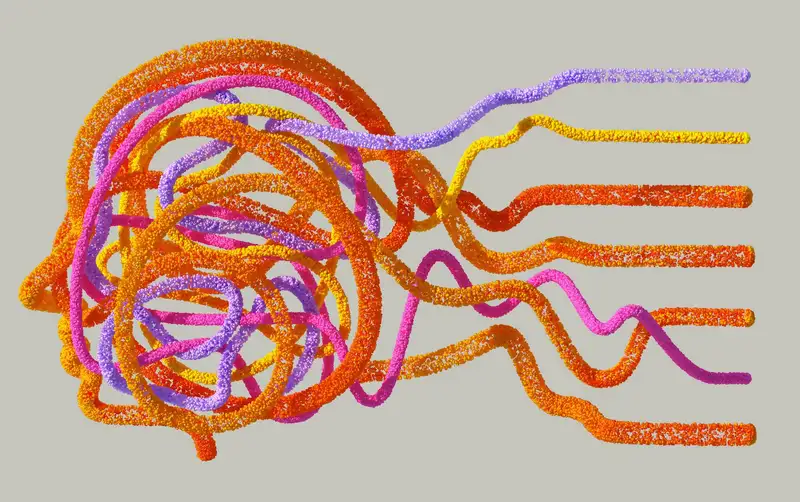This is the first time ever that AI has been put to use by researchers at the Karlsruhe Institute of Technology (KIT) and the University of Duisburg-Essen for interpreting athlete emotions. They have successfully developed a system using sophisticated computer-assisted neural networks that decodes emotional states by observing players’ body language during live matches, with tennis serving as an initial model. This revolutionary study was published in the journal Knowledge-Based Systems and imprints…
The above study, dubbed as “Recognizing affective states from the expressive behavior of tennis players using convolutional neural networks,” was an interdisciplinary effort among individuals trained in sports sciences, software development, and computer science. They developed a specialized AI application that utilizes pattern-recognition algorithms to examine videos of tennis players under immediate conditions.
Methodology and Success Rate
In detecting emotional conditions, this AI model has achieved a phenomenal success rate of 68.9 percent, occasionally surpassing human observers and prior automated techniques. The study, carried out at KIT’s Institute of Sports and Sports Science, emphasized conducting AI training in real-life scenarios as opposed to simulated environments, said professor Darko Jekauc. The study analyzed 15 tennis players while assessing body language cues such as lowered heads, raised
By correlating these physical signs with corresponding emotions, the AI was able to recognize a point won- by positive body language- or lost -by negative body language-. According to Jekauc, training AIs for realistic scenarios is a giant leap in describing genuine emotional states and would thus promise much more accurate predictions in real-life situations.
Detection of Negative Emotions
The study also identified that both artificial intelligence and humans can recognize negative emotions more efficiently than positive ones. Professor Jekauc stated that negative emotions typically are more manifest and hence more readily observable. Psychological theorists maintain that, in evolutionary terms, humans developed more efficient detection of the expression of negative emotions as a means of bargaining through social conflict.
Ethical Implications and Future Prospects
An optimistic view of research identifies the myriad uses of reliable emotion recognition in all sports applications-from improvements in training techniques; greater team cohesion and performance through avoiding burnout; and, beyond sports, possible applications in such areas as health, education, customer service, and even automotive safety with early recognition of emotional states.
Professor Jekauc, however, stressed the need to address ethical questions, especially concerning privacy and potential data misuse. The study followed the current ethical standards and data protection laws. Hence, with the technology gaining traction, resolving ethical and legal issues will become increasingly important for its practical application.
As a premier research institution, KIT strives toward the advancement of knowledge in service of the society and environment. The challenges the world faces in energy, mobility, and information are the focus of KIT’s interdisciplinary approach, which further prepares students to take significant roles in the society, industries, and sciences. Within an extensive bridge between invention and societal well-being and economic growth, the institution facilitates the transition from scientific discovery to actual application.
